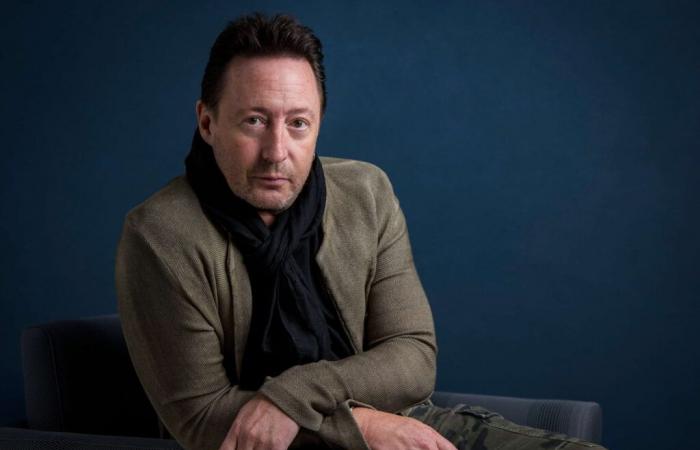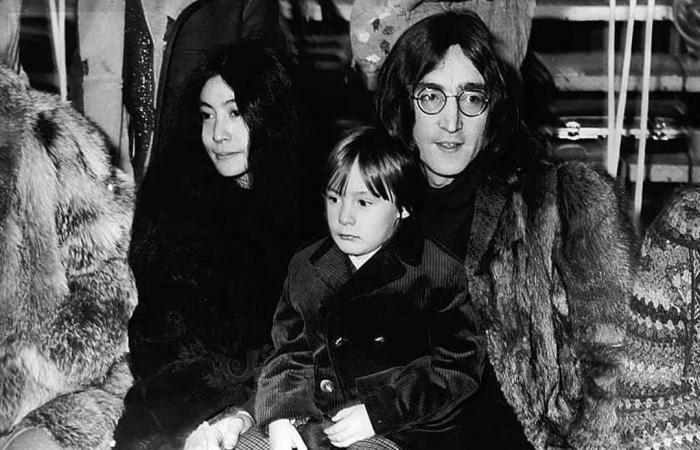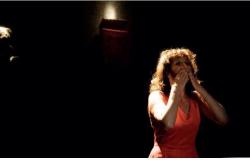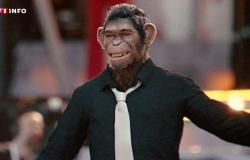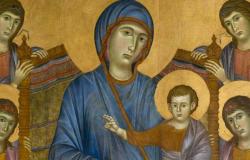In an interview with The Guardian, Julian Lennon talks about the Beatles, using quite surprising terms.
In 1968, the Beatles released a song that became cult: “Hey Jude”. Few people know it, but this collector’s item, written by Paul McCartney, paid tribute to little Julian Lennon, aged four at the time. A hit which would not have seen the light of day if the composer had not visited Cynthia, John Lennon’s ex-wife, upon learning of their divorce. Anxious to help this mother and her child, he took his car to console them.
Although the name Jude is also a reference to Jud, a character from the musical Oklahoma!it is indeed John Lennon’s son that the text is addressed to. Now in his sixties, the latter explains today that he has a complicated relationship with this song that the whole world knows. He even speaks of a bond of “love” and “hate” towards it. “It’s a dark reminder of what happened, the fact that Dad left… and left me and Mom,” he told Bill Maher in the The Club Random podcast show.
He also adds that today he maintains very loose ties with the two other members of the Beatles, Paul McCartney and Ringo Starr. “I’m not part of their circle, I never even joined it. When dad left, I was between three and five years old and there was only my mother and me left. The two of us had nothing to do with the Beatles or dad”, he confides to The Guardian, showing real embarrassment.
-After his parents’ divorce, Julian Lennon was raised almost exclusively by his mother. Growing up, however, he never stopped being compared to his father. A fact that shaped him as a human being. Without him, this Grammy-nominated singer, author of children’s books and director of films in his spare time, might never have had such artistic bulimia.
Yet when he was a young teenager, however, his relationship with his father was quite superficial, while the latter was still alive. “I visited him from time to time but we were never really close,” he laments. His filial link with this singing icon still defines him today, although he is determined to break away from it: “Everywhere I have been, I have heard ‘John Lennon’s son’ over here , “John Lennon’s son” that way… But above all I needed to follow my own path (…) And even today, I move forward with this idea in mind.

